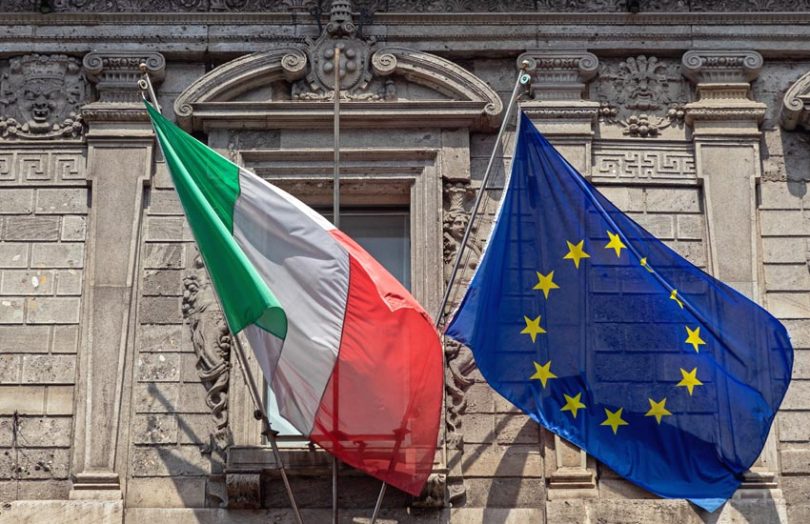It’s been 18 months since Italian banks completed their first blockchain pilot for reconciling bank accounts. Led by the Italian banking association or Associazione Bancaria Italiana (ABI), and its ABI Lab, the enterprise blockchain solution has been in production with 32 banks since early March.
Given banks continuously transfer money between each other, they have to make sure they agree on the balances through reconciliations. In the pre-digital world, that involved ticking lists of transactions, which is where the term Spunta which means Tick came from.
Using distributed ledger technology (DLT), the Spunta Banca DLT enables two banks to agree the transactions quickly, or more importantly, to highlight differences. The communication is integrated with the platform.
The permissioned solution uses R3’s enterprise blockchain Corda which enables only the two participating banks to share the transactions with each other.
“The first benefit was that the banks gained full visibility of all the information about the accounts, both ‘nostro’ and ‘vostro’, via a dashboard,” said Silvia Attanasio, Head of Innovation at ABI. “Traditionally, getting this information has required as many phone calls as the number of involved parties, and waiting for the answer from each one.”
Previously the reconciliation process was done monthly, but now it will be processed daily. As with most blockchain projects, a key factor is standardization, so that the data is in the same format. Thirty-two banks have been live since the beginning of March with another 23 planned for the end of May.
The implementation partner is NTT Data, which commented that the solution is the basis for new applications to be developed and deployed.
In terms of the network infrastructure, it’s based on SIAchain, the 580 node European private infrastructure targeted at financial institutions, corporates and government bodies. It’s run by SIA, which is known for providing part of the backbone of the SEPA payment network.
But the next planned stage is to create a working group of European banks to expand the solution to the rest of Europe.
The 32 banks in production are:
Banca Akros, Banca Aletti, Banca di Sassari, Banca Fideuram, Banca Mediolanum, Banca Monte dei Paschi di Siena, Banca Patrimoni Sella & C., Banca Popolare di Puglia and Basilicata, Banca Popolare di Sondrio, Banca Sella, Banca Sella Holding, Banco Desio e della Brianza, Banco di Sardegna, Banco BPM, BNL – BNP Paribas Group, BPER Banca, Cassa di Risparmio di Bra, Cassa di Risparmio di Saluzzo, CheBanca !, Crédit Agricole Friuladria, Crédit Agricole Italia, Credito Valtellinese, DEPObank, ICCREA Banca, Intesa Sanpaolo, Intesa Sanpaolo Private Banking, IW Bank, MPS Capital Services, MPS Leasing e Factoring, UBI Banca, UniCredit, Widiba.






